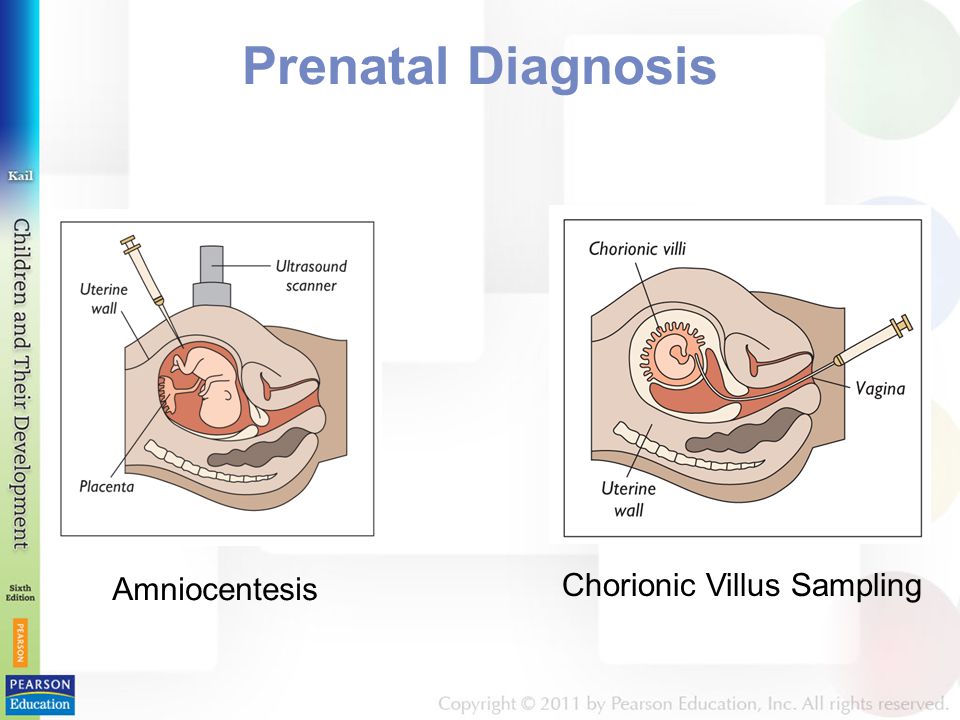Low weight babies
Low birthweight
Topics
In This Topic
KEY POINTS
Low birthweight is when a baby is born weighing less than 5 pounds, 8 ounces.
Some low-birthweight babies are healthy, but others have serious health problems that need treatment.
Premature birth (before 37 weeks of pregnancy) and fetal growth restriction are the most common causes of low birthweight.
Being a person of color is not a cause for having a low birthweight baby. However, communities of color are disproportionately affected by racism. This affects their health and well-being and increases the risk of pregnancy complications.
Go to all your prenatal care checkups during pregnancy. Your health care provider tracks your baby’s growth and development at each visit.
Talk to your provider about what you can do to help reduce your risk for having a baby with low birthweight.
What is low birthweight?
Low birthweight is when a baby is born weighing less than 5 pounds, 8 ounces. Some babies with low birthweight are healthy, even though they’re small. But having a low weight at birth can cause serious health problems for some babies. A baby who is very small at birth may have trouble eating, gaining weight and fighting off infections. Some may have long-term health problems, too. About 1 in 12 babies (about 8 percent) in the United States is born with low birthweight.
What causes a baby to have a low birthweight?
There are two main reasons:
- Preterm birth.
- Fetal growth restriction (also called intrauterine growth restriction or small for gestational age). This means a baby doesn’t gain the weight they should before birth. Some babies may have low birthweight simply because their parents are small.
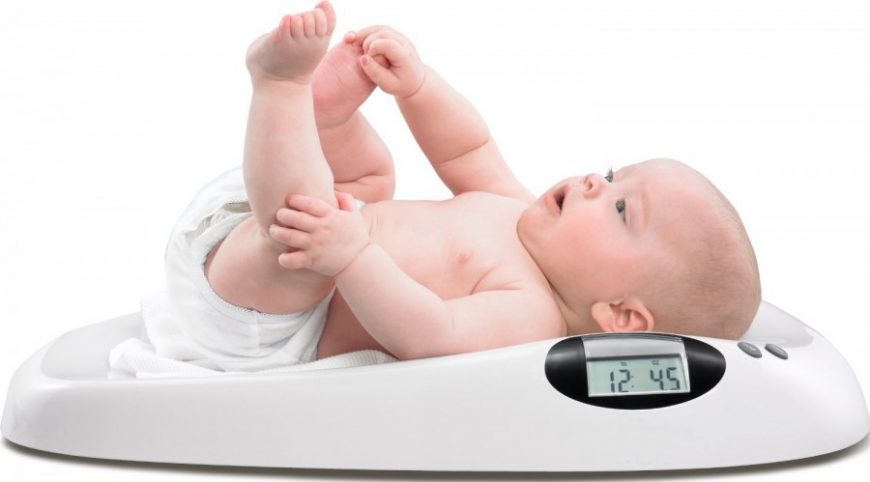 Others may have low birthweight because something slowed or stopped their growth during pregnancy. Your health care provider measures your belly and uses ultrasound to help track your baby’s growth during pregnancy. Ultrasound uses sound waves and a computer screen to show a picture of your baby while you’re pregnant.
Others may have low birthweight because something slowed or stopped their growth during pregnancy. Your health care provider measures your belly and uses ultrasound to help track your baby’s growth during pregnancy. Ultrasound uses sound waves and a computer screen to show a picture of your baby while you’re pregnant.
If your provider thinks your baby’s growth is being restricted, you may have ultrasounds more often (every 2 to 4 weeks) to track your baby’s growth. Your provider also may do other tests such as heart rate monitoring and tests to check for infections or birth defects. Babies who have birth defects are more likely to be born too early.
Are you at risk of having a low-birthweight baby?
Some things may make you more likely than others to have a low-birthweight baby. These are called risk factors. Having a risk factor doesn’t mean you’ll definitely have a low-birthweight baby, but it may increase your chances. Talk with your health care provider about what you can do to reduce your risk.
Medical risk factors for having a low-birthweight baby
- Preterm labor. This is labor that starts too soon, before 37 weeks of pregnancy.
- Chronic health conditions. These are health conditions that last for a long time or that happen again and again over a long period of time. Chronic health conditions need to be treated by a health care provider. Chronic health conditions that may lead to having a baby with low birthweight include high blood pressure, diabetes and heart, lung and kidney problems.
- Taking certain medicines to treat health conditions, such as high blood pressure, epilepsy and blood clots. Tell your provider about any prescription medicine you take. You may need to stop taking a medicine or switch to one that’s safer during pregnancy.
- Infections. Certain infections, especially infections of the internal reproductive organs during pregnancy, can slow a baby’s growth in the womb.
 These include cytomegalovirus, rubella, chickenpox, toxoplasmosis and certain sexually transmitted infections.
These include cytomegalovirus, rubella, chickenpox, toxoplasmosis and certain sexually transmitted infections. - Problems with the placenta. The placenta grows in the uterus and supplies the baby with food and oxygen through the umbilical cord. Some problems in the placenta can reduce the flow of oxygen and nutrients to the baby, which can limit the baby’s growth.
- Not gaining enough weight during pregnancy. Pregnant people who don’t gain enough weight during pregnancy are more likely to have a low-birthweight baby than those who gain the right amount of weight. If you have an eating disorder or have been treated for an eating disorder, tell your provider. Your provider can check on you and your baby carefully throughout pregnancy to help prevent complications and make sure you’re both healthy.
- Having a baby who was born too early or who had low birthweight in the past.
- Being pregnant with multiples (twins, triplets or more).
 More than half of multiple birth babies have low birthweight.
More than half of multiple birth babies have low birthweight. - Smoking, drinking alcohol, using street drugs and abusing prescription drugs. Pregnant people who smoke are more than 3 times as likely to have a baby who weighs too little at birth than people who don’t smoke. Smoking, drinking alcohol, using street drugs, and abusing prescription drugs during pregnancy can slow the baby’s growth in the womb and increase the risk for preterm birth and birth defects.
- Exposure to air pollution or lead
- Being a member of a group that experiences the effects of racism and health disparities.
- Domestic violence. This is when your partner hurts or abuses you. It includes physical, sexual and emotional abuse.
- Age. Being a teen (especially younger than 15) or being older than 35 makes you more likely than other parents to have a low-birthweight baby.
Rates of low birthweight in the United States
Black babies are more likely than others to weigh less than they should at birth. The rates of low birthweight among different ethnic groups are:
The rates of low birthweight among different ethnic groups are:
- About 1 in 7 Black babies (about 13 percent)
- About 1 in 12 Asian babies (about 8 percent)
- About 1 in 13 Native American or Alaska Native babies (about 8 percent)
- About 1 in 14 Latinx babies (about 7 percent)
- About 1 in 14 White babies (about 7 percent)
March of Dimes recognizes that racism and its effects are factors in the health disparities in pregnancy outcomes and babies’ health. We must work together to bring fair, just and full access to health care for all moms and babies.
Does a low birth weight cause problems for the baby?
Yes. Babies who weigh less than they should at birth are more likely than babies whose weight is normal to have health problems. Some need special care in a hospital’s newborn intensive care unit (also called NICU) to treat medical problems. These include:
- Breathing problems, such as respiratory distress syndrome (also called RDS).
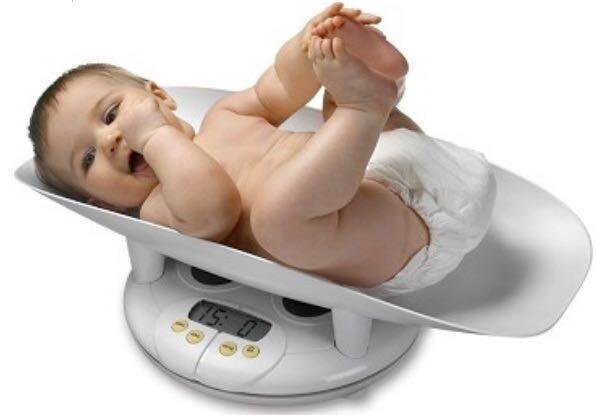 Babies with RDS don’t have a protein called surfactant that keeps small air sacs in a baby’s lungs from collapsing. Treatment with surfactant helps these babies breathe more easily. Babies who have RDS also may need oxygen and other breathing help to make their lungs work.
Babies with RDS don’t have a protein called surfactant that keeps small air sacs in a baby’s lungs from collapsing. Treatment with surfactant helps these babies breathe more easily. Babies who have RDS also may need oxygen and other breathing help to make their lungs work. - Bleeding in the brain (also called intraventricular hemorrhage or IVH). Most brain bleeds are mild and go away on their own. More severe bleeds can cause pressure on the brain that can cause fluid to build up in the brain. This can cause brain damage. In some cases, a surgeon may insert a tube into the baby’s brain to drain the fluid.
- Patent ductus arteriosus. Patent ductus arteriosus is when an opening between 2 major blood vessels leading from the heart does not close properly. This can cause extra blood to flow to the lungs. In many babies who have patent ductus arteriosus, the opening closes on its own within a few days after birth. Some babies need medicine or surgery to close the opening.
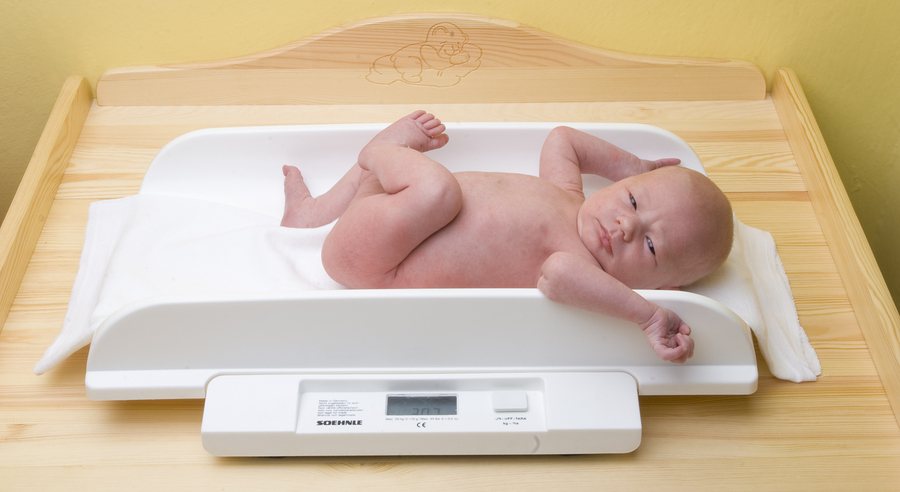
- Necrotizing enterocolitis. This is a problem in a baby’s intestines. The intestines are long tubes that are part of the digestive system. The digestive system helps the body break down food. Necrotizing enterocolitis can be dangerous for a baby and can cause feeding problems, swelling in the belly, and other complications. Babies who have necrotizing enterocolitis are treated with antibiotics and fed through an intravenous, or IV, tube. Some babies need surgery to remove damaged parts of intestine.
- Retinopathy of prematurity. This eye disease is what happens when a baby’s retinas don’t fully develop in the weeks after birth.
- Jaundice. This is a condition that makes a baby’s eyes and skin look yellow. It’s caused when there’s too much of a substance called bilirubin in the blood.
- Infections. The immune system protects the body from infection. In a baby who is born too early, the immune system may not be fully developed and may not be able to fight off infection.
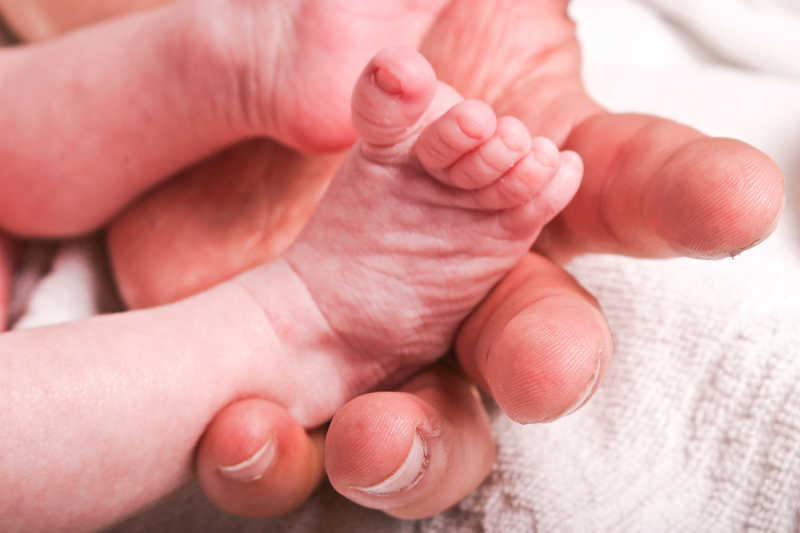
Does a low weight at birth cause problems later in life?
Babies who are born weighing too little may be more likely than others to have certain health conditions later in life, including:
- Diabetes
- Heart disease
- High blood pressure
- Intellectual and developmental disabilities
- Metabolic syndrome
- Obesity
If you’ve had a baby who weighed less than they should have at birth, talk with their health care provider about what you can do to help your baby be healthy. As your child grows, make sure they eat healthy food, stay active and go to all their health care checkups. Regular checkups can help your baby’s provider spot health conditions that may cause problems as your baby grows older. These checkups also help make sure that your child gets all the vaccinations they need to stay protected from certain harmful diseases.
If my baby has developmental delays, do they need early intervention services?
Yes.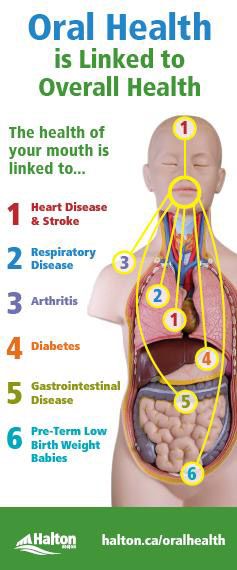 If your baby has developmental delays, it’s important to get early intervention services as soon as possible. Developmental delays are when your child doesn’t reach developmental milestones when expected. Early intervention services can help improve your child’s development. They can help children from birth through 3 years old learn important skills. Services include therapy to help a child talk, walk, learn self-help skills and interact with others.
If your baby has developmental delays, it’s important to get early intervention services as soon as possible. Developmental delays are when your child doesn’t reach developmental milestones when expected. Early intervention services can help improve your child’s development. They can help children from birth through 3 years old learn important skills. Services include therapy to help a child talk, walk, learn self-help skills and interact with others.
The CDC program Learn the signs. Act early offers tools and information for parents who think their child may have developmental delays. You can find your state’s contact information for early intervention services. You don’t need a doctor’s referral or a medical diagnosis to ask for a free screening.
Last reviewed: June, 2021
') document.write('
Preterm labor & premature birth
') document.write('') }
') document.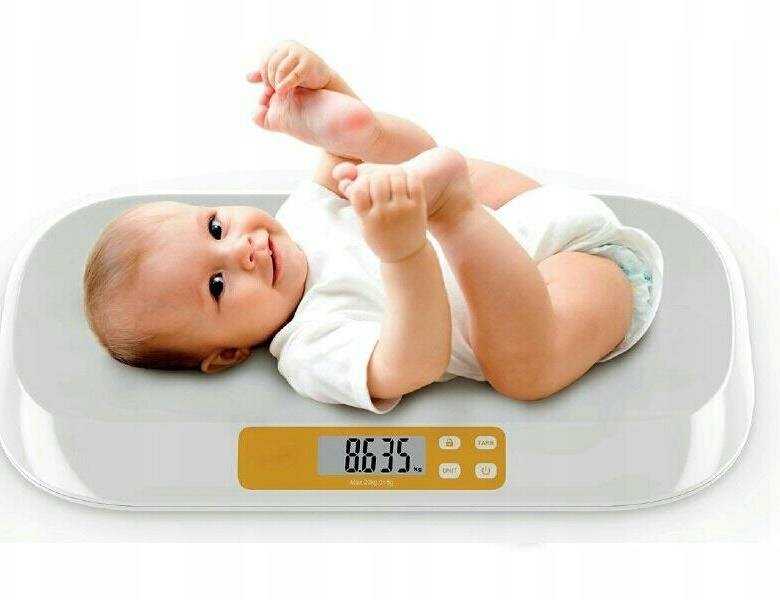 write('') }
write('') }
Very Low Birth Weight | Cedars-Sinai
ABOUT CAUSES DIAGNOSIS TREATMENT NEXT STEPS
What is very low birth weight?
Very low birth weight (VLBW) is a term used to describe babies who are born weighing less than 3 pounds, 4 ounces. It is very rare that babies are born this tiny. Only about 1% of babies born in the U.S. are very low birth weight.
What causes very low birth weight?
The main cause of a baby having VLBW is being born too early. This is called preterm or premature birth. Premature means a baby is born before 37 weeks of pregnancy. Very-low-birth-weight babies are often born before 30 weeks of pregnancy. A premature baby has less time in the mother’s uterus to grow and gain weight. Much of a baby's weight is gained during the later part of pregnancy.
Another cause of very low birth weight is when a baby does not grow well during pregnancy. This is called intrauterine growth restriction (IUGR). It may happen because of problems with the placenta, the mother's health, or birth defects. Most very low birth weight babies who have IUGR are also born early. They are usually very small and physically immature.
This is called intrauterine growth restriction (IUGR). It may happen because of problems with the placenta, the mother's health, or birth defects. Most very low birth weight babies who have IUGR are also born early. They are usually very small and physically immature.
Who is at risk for very low birth weight?
A baby is more likely to be very low birth weight if he or she is premature or has intrauterine growth restriction. Other things linked to the mother can increase the risk for VLBW, growth restriction, and prematurity. They include:
- Having an infection during pregnancy
- Not gaining enough weight during pregnancy
- Having a previous pregnancy with a low-birth-weight baby
- Smoking
- Using alcohol or drugs
- Being younger than age 17 or older than age 35
- Being African American
What are the symptoms of very low birth weight?
Babies with very low birth weight look much smaller than other babies of normal birth weight. A very-low-birth-weight baby's head may look big compared to the rest of his or her body. A baby with VLBW often looks very thin with little body fat. Blood vessels can be easily seen through the skin.
A very-low-birth-weight baby's head may look big compared to the rest of his or her body. A baby with VLBW often looks very thin with little body fat. Blood vessels can be easily seen through the skin.
How is very low birth weight diagnosed?
One of the main reasons for regular prenatal exams is to make sure your unborn baby is growing well. During pregnancy, the size of your baby is estimated in different ways. Your steady weight gain is one way of checking on the baby’s growth.
Another way is to measure the top of your uterus from the pubic bone (fundal height). The number of centimeters measured is usually the same or close to the number of weeks of pregnancy. If the fundal height measurement is low for the number of weeks you are pregnant, it may mean that your baby is not growing well.
Other ways to check the baby’s growth are:
- Using ultrasound to estimate the baby’s growth and development. Your healthcare provider can use measurements of your baby's head, belly, and upper leg bone, to estimate his or her weight
- Comparing your baby’s estimated birth weight with his or her gestational age.
 The provider may use a formula to figure out your baby’s body mass.
The provider may use a formula to figure out your baby’s body mass.
A birth weight of less than 5 pounds, 8 ounces is diagnosed as low birth weight. Babies weighing less than 3 pounds, 4 ounces at birth are considered very low birth weight.
How is very low birth weight treated?
Treatment will depend on your child’s symptoms, age, and general health. It will also depend on how severe the condition is. Babies with VLBW may need:
- Care in the neonatal intensive care unit (NICU)
- Temperature-controlled beds
- Special feedings, sometimes with a tube into the stomach if the baby can’t suck
- Other treatments for complications
The outcome for a baby with VLBW depends mainly on how much the baby weighs and how many weeks of gestation the baby is at birth. The smallest and earliest babies have the most problems. They are less likely to survive.
Babies with VLBW may have a harder time catching up in physical growth because they often have other problems.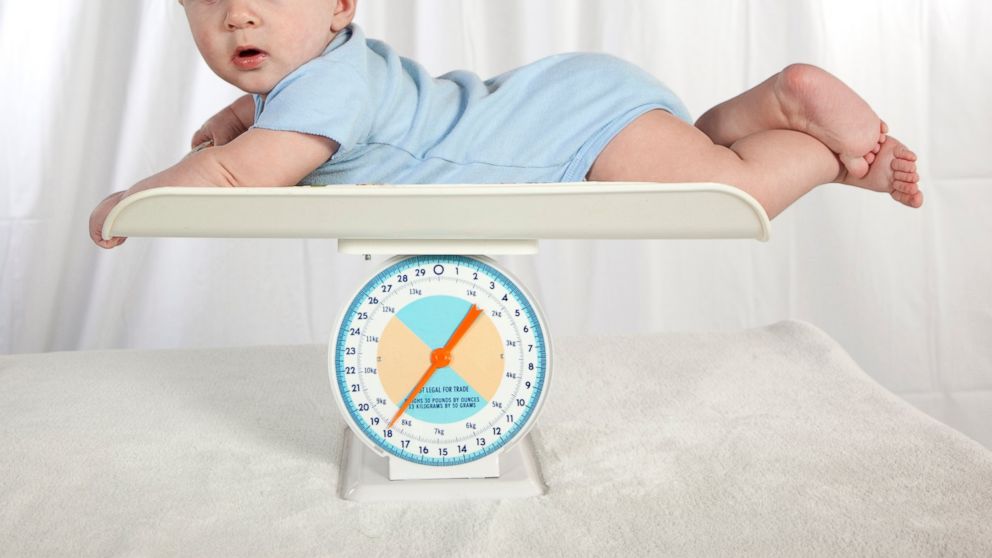 Many very-low-birth-weight babies are referred to special follow-up healthcare programs.
Many very-low-birth-weight babies are referred to special follow-up healthcare programs.
What are the complications of very low birth weight?
Babies with a very low birth weight have a greater risk of developing problems. Their tiny bodies are not as strong as babies of normal weight. They may have a harder time eating, gaining weight, and fighting infection. They have very little body fat. So they often have trouble staying warm in normal temperatures.
Most babies with a very low birth weight are also premature. This can make it hard to separate the problems caused by the prematurity from the problems of just being so tiny. In general, the lower the baby's birth weight, the greater the risks for complications. Here are some of the most common problems of babies with VLBW:
- Low oxygen levels at birth
- Trouble staying warm
- Trouble feeding and gaining weight
- Infection
- Breathing problems because of immature lungs (respiratory distress syndrome)
- Nervous system problems, such as bleeding inside the brain or damage to the brain’s white matter
- Serious digestive problems, such as necrotizing enterocolitis
- Sudden infant death syndrome (SIDS)
Almost all very-low-birth-weight babies need special care in the NICU until they can gain weight and are well enough to go home.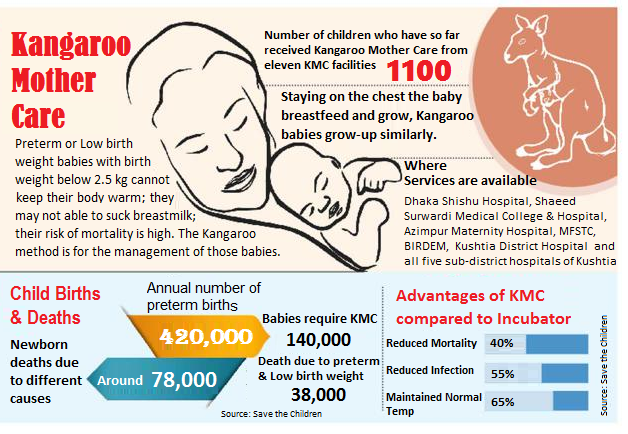
Risks for long-term problems and disability are increased for babies with VLBW. Long-term complications may include:
- Cerebral palsy
- Blindness
- Deafness
- Developmental delay
Talk with your baby's healthcare provider about your baby’s risks for complications.
Can very low birth weight be prevented?
There have been advances in the care of sick and premature babies. More babies today survive even though they are born early and very small. But preventing preterm births is one of the best ways to prevent very low birth weight.
Regular prenatal care is the best way to prevent preterm births and very-low-birth-weight babies. At prenatal visits, your health and the health of your unborn baby are checked. It is important to:
- Follow a healthy diet during pregnancy. This will help you gain enough weight to help your baby grow and help you stay healthy.
- Not use alcohol, cigarettes, or drugs.
 All of these can cause low birth weight and other problems for your baby.
All of these can cause low birth weight and other problems for your baby.
Key points about very low birth weight
- Very low birth weight is a term used to describe babies who are born weighing less than 3 pounds, 4 ounces.
- The main cause of very low birth weight is being born too early, called premature birth.
- Treatment for very low birth weight babies includes care in the NICU, temperature-controlled beds, and special feedings.
- In general, the lower the baby's birth weight, the greater the risks for complications.
- Prenatal care is a key factor in preventing preterm births and very low birth weight.
Next steps
Tips to help you get the most from a visit to your child’s healthcare provider:
- Know the reason for the visit and what you want to happen.
- Before your visit, write down questions you want answered.
- At the visit, write down the name of a new diagnosis, and any new medicines, treatments, or tests.
 Also write down any new instructions your provider gives you for your child.
Also write down any new instructions your provider gives you for your child. - Know why a new medicine or treatment is prescribed and how it will help your child. Also know what the side effects are.
- Ask if your child’s condition can be treated in other ways.
- Know why a test or procedure is recommended and what the results could mean.
- Know what to expect if your child does not take the medicine or have the test or procedure.
- If your child has a follow-up appointment, write down the date, time, and purpose for that visit.
- Know how you can contact your child’s provider after office hours. This is important if your child becomes ill and you have questions or need advice.
The birth of a small child is not uncommon today. Often, such babies are born on time or a little earlier, but due to a lack of weight, they can significantly lag behind their peers in development. Pediatricians and neuropathologists closely monitor the child's condition, because a child's body weight deficiency is a risk factor for changes in the neurological status, functional disorders of the cardiovascular and autonomic nervous systems.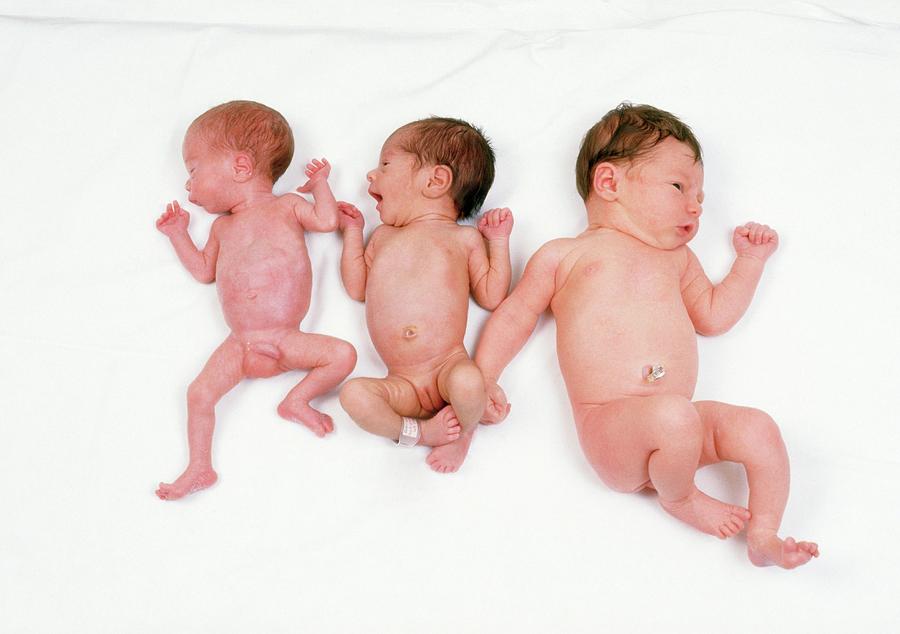 But because of their weakness, underweight children do not eat well, and the rate of weight gain in children born with low body weight determines their further physical and psychomotor development and the formation of the immune system.
But because of their weakness, underweight children do not eat well, and the rate of weight gain in children born with low body weight determines their further physical and psychomotor development and the formation of the immune system.
How much should a newborn gain in weight?
To assess the development of your child and the compliance with the norm of the main indicators (height, weight), you can contact a pediatrician or independently - according to existing tables. In the first months, the child is actively growing, adding up to 25-60 grams per day. Small children with adequate nutrition can increase body weight more intensively than their peers. For the first month of life, children should gain up to 1.3-1.7 kg. After 5-6 months of life, the intensity of weight gain decreases somewhat - in 30 days, the increase can be only 400-700 grams.
The length of the child's body during the first month increases by 4-7 cm, and after 5-6 months of life, growth is added less intensively - by 2-3 cm.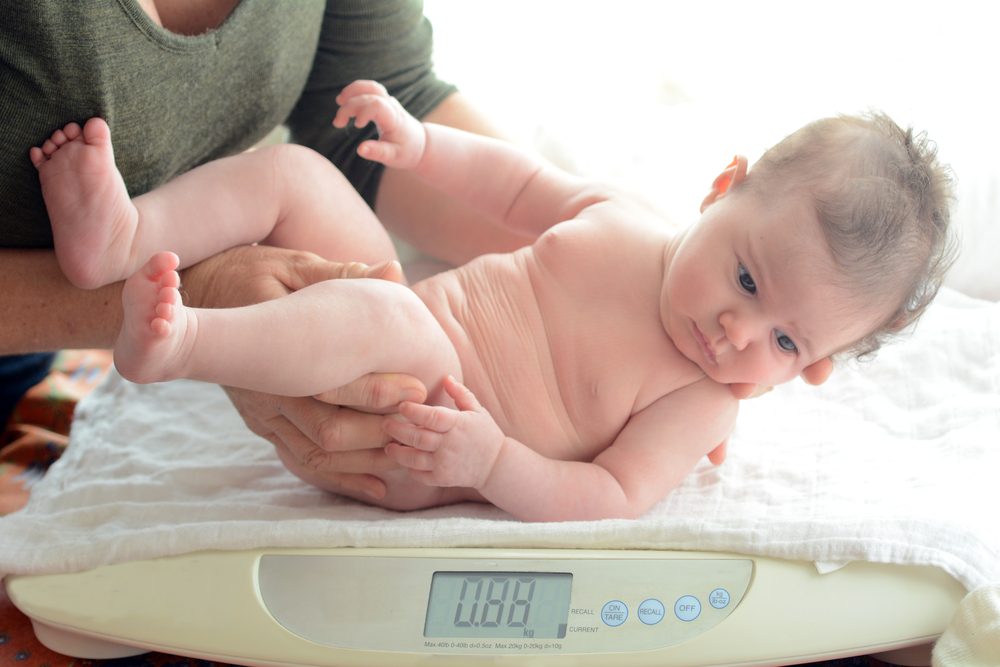 But parents should understand that these figures are approximate. Each child is individual. Its weight and height depend on many factors: heredity, the quality of the mother's nutrition, the state of health of the newborn, the severity of childbirth.
But parents should understand that these figures are approximate. Each child is individual. Its weight and height depend on many factors: heredity, the quality of the mother's nutrition, the state of health of the newborn, the severity of childbirth.
Why is the child not gaining weight well?
The main cause of underweight in the neonatal period is the baby's refusal to breastfeed. Small children have poor appetite and spend most of the day sleeping. Often, parents have to wake up the child for a long time, and after a few minutes of sucking on the breast or a bottle of formula, the newborn falls asleep again. Children are especially sleepy, in whom pronounced physiological jaundice was observed in the first days of life.
As a result, after the next weighing, the doctor can tell the mother that the newborn has not gained weight at all or the increase is insignificant. If the situation does not improve for several months, the mother and baby may be hospitalized for a comprehensive examination and tube feeding in a hospital setting.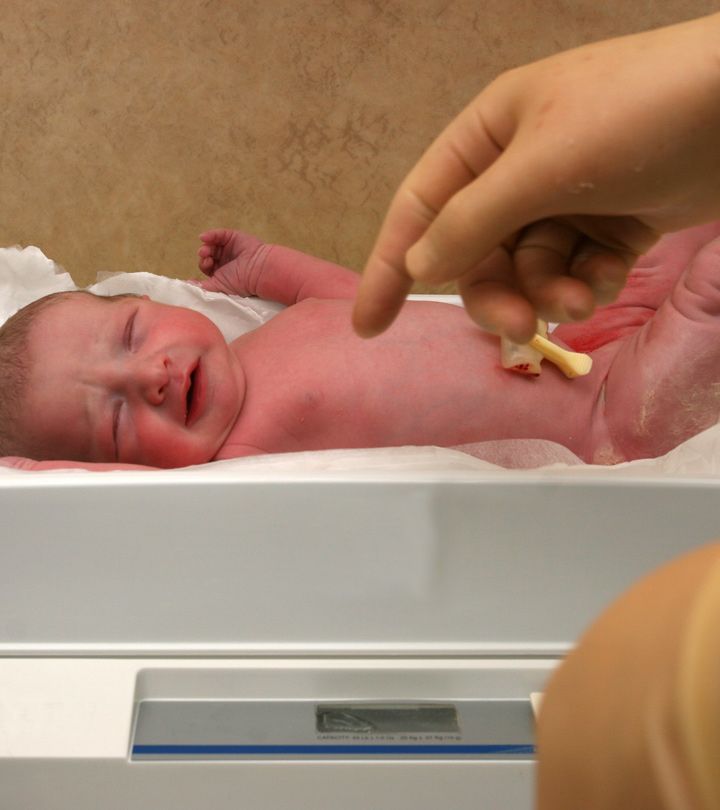
Sometimes the cause of low weight gain lies in non-compliance with breastfeeding tactics. Pediatricians recommend applying the baby to only one breast during feeding so that it sucks out the "hind" milk, which is of particular energy value and rich in nutrients. Due to their inexperience, mothers offer both breasts to newborns. In this case, the child sucks the upper milk without making any effort and quickly falls asleep, slightly satisfying his hunger.
If the baby has had an infectious disease, has been ill for a long time, suffered from a high temperature or an intestinal disorder, then the monthly weight gain may be significantly less than usual. In this case, the timing of the introduction of complementary foods is also shifted, and during the period of illness, in general, many children practically refuse to eat, which is reflected in their weight. Parents should actively communicate with the pediatrician, if necessary, ask him questions of interest and adhere to all recommendations.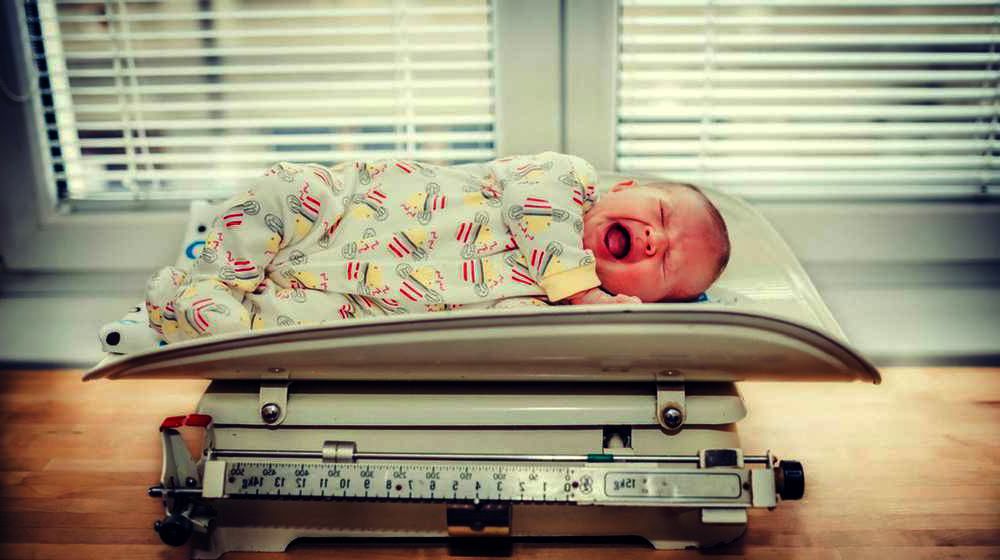
How to help a child gain weight and catch up with his peers in his development?
If you are breastfeeding, pay special attention to your diet. Drink as much liquid as possible: low-fat milk, compotes, hypoallergenic juices. Your diet must include boiled or baked meat. Take extra vitamins (as advised by the doctor). Breastfeed your baby immediately after waking up, when he is active, in a good mood and does not want to sleep.
But sometimes women's milk is produced in insufficient quantities or the baby does not have enough strength to suck it out. In this case, it is necessary to start supplementing with special infant formula as soon as possible. For children prone to allergic reactions, special hypoallergenic products are intended, which can be bought at a pharmacy, having previously discussed the mixture option with a pediatric nutritionist or pediatrician. Small babies are not adapted to intensive sucking, so the nipple on the bottle must be soft and pliable so that the child can fill up without problems.
In addition, in order to increase the rate of weight gain and, accordingly, for the proper growth and development of the child, it is recommended to give courses of preparations containing L-carnitine (levorcarnitine), an essential vitamin-like substance that has anabolic properties and has proven itself to normalize body weight in case of its deficiency. In addition, by increasing the secretory and enzymatic activity of gastric and intestinal juices, appetite and digestion improve. One of these drugs is Elkar, containing an aqueous solution of L-carnitine. Elkar is included in the "National program for optimizing the feeding of children in the first year of life" as a means of correcting malnutrition of the II degree.
In children, in contrast to the adult body, where levocarnitine is among the substances produced, the synthesis of this compound covers only 1% of the required amount. Of course, the required amount of L-carnitine is found in breast milk, but if natural feeding is impaired or impossible, the drug must be added to the diet.
In underweight children, psychomotor development is often retarded, which can subsequently manifest itself in the form of speech defects, instability of the nervous system. Elcar improves the energy supply of brain activity, which will help to avoid or reduce the degree of development of functional failure in various areas of the child's neuropsychic response (motor, emotional-motivational, vegetative, cognitive spheres).
Another very important point: levocarnitine improves immunity, which is vital for small children, since almost all of them are predisposed to the development of infectious diseases.
The rate of weight gain is influenced by many external and internal factors. The task of parents is to help the crumbs get stronger as soon as possible. Walk more with your child in the fresh air so that his body receives the necessary amount of oxygen. And don't forget to visit your pediatrician. Small children need professional medical supervision and the attention of loved ones.
Relationship between newborn weight and diseases in the future
The weight of the baby at birth is one of those data that we, loving parents, lovingly enter in the baby’s first album next to his first photo, which we are touchingly happy about and tell everyone about him friends and acquaintances. It does not occur to us to worry, because, in any case, this category is not as important or dangerous as, say, information about high blood pressure, cholesterol and blood sugar levels.
Is there a possible relationship between the weight of a newborn who has just emerged from the womb and a possible hospitalization in the cardiology department at the age of 50-70 years? Is it true that our body remembers and is influenced by such an insignificant category as weight?
Factors influencing the occurrence of chronic diseases
In the past, many chronic diseases were attributed to two main factors - poor lifestyle and genetic predisposition. Wrong lifestyle - eating habits, smoking, stress, lack of physical activity - of course, affect the risk of acquiring the disease. But after all, it is not always only differences in lifestyle that can explain why one person gets a disease and another does not. The number of people suffering from chronic diseases is growing every year in the world. According to statistics, if chronic diseases continue to advance at the same pace, then by the middle of the 21st century, more than 250 million people around the world will have
Wrong lifestyle - eating habits, smoking, stress, lack of physical activity - of course, affect the risk of acquiring the disease. But after all, it is not always only differences in lifestyle that can explain why one person gets a disease and another does not. The number of people suffering from chronic diseases is growing every year in the world. According to statistics, if chronic diseases continue to advance at the same pace, then by the middle of the 21st century, more than 250 million people around the world will have
The presence of diseased genes also cannot explain such an epidemic. Indeed, parents who have a genetic disease have a high risk of having a child with the same genetic disease. But this does not mean that the child will necessarily get sick, it means that he is predisposed to this disease. Each of us has a certain genetic program, but it is still not clear how these genes will manifest themselves, under what conditions they are activated. And what can happen to the genes during the months of pregnancy, as a result of the changes that the fetus goes through.
And what can happen to the genes during the months of pregnancy, as a result of the changes that the fetus goes through.
Years of research on the influence of the intrauterine environment on the development of the fetus has shown that there is a direct relationship between the weight of the newborn and the risks associated with chronic diseases - a predisposition to diabetes, hypertension and stroke.
Dr. Barker Research
For the first time, the English epidemiologist David Barker drew attention to the fact that birth weight affects diseases in future adulthood. In his study, Barker used data from old medical records of elderly patients (60-70 years old) stored in the archives of hospitals and maternity wards in different parts of England. Based on extensive historical material, he unequivocally proved that underweight children at birth have a greater predisposition to heart disease in adulthood.
Maternal malnutrition is the cause of child illness in the future
Later in his study, he noted with dismay that many of today's young women do not even try to normalize their diet during pregnancy.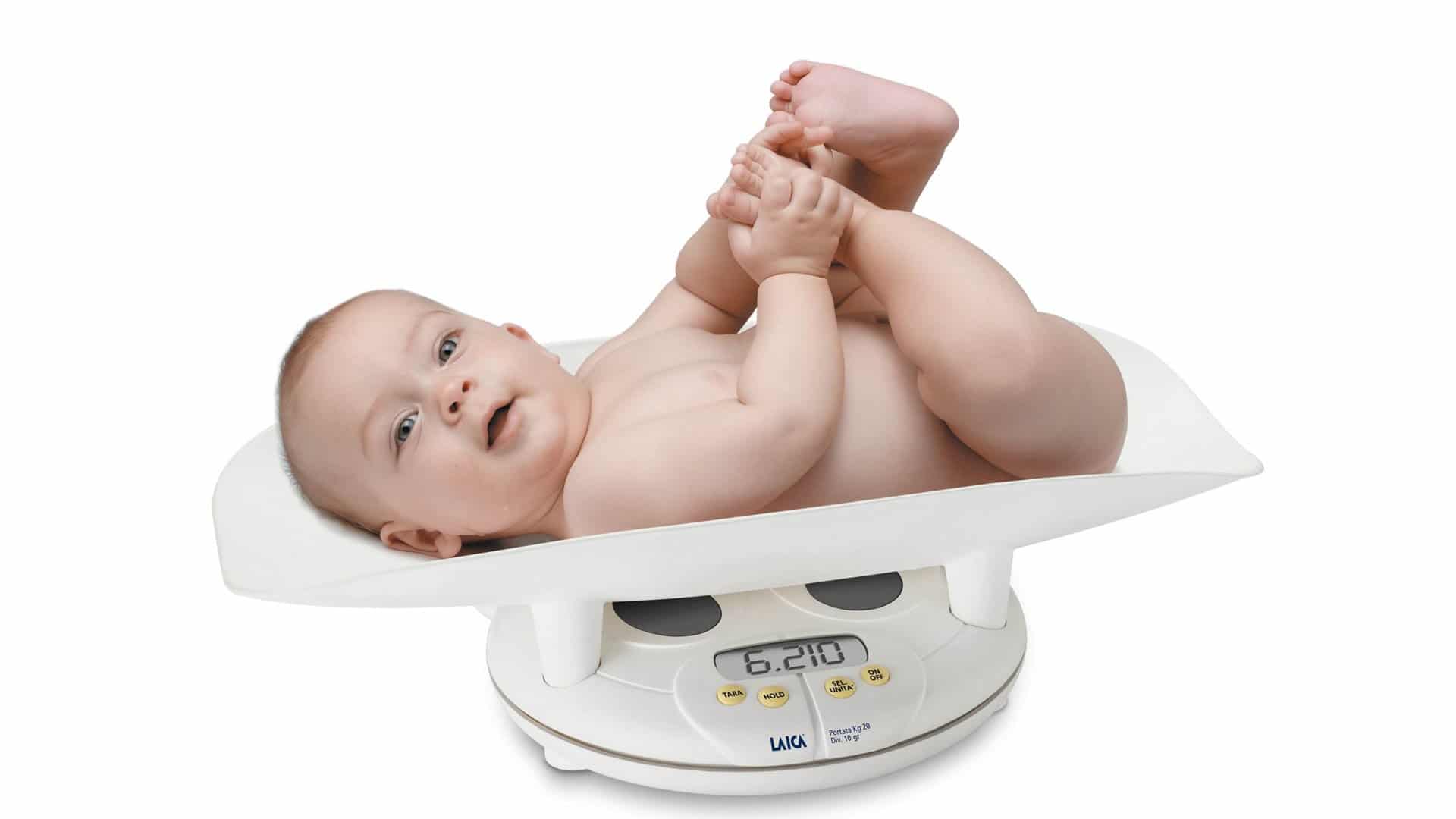 They almost do not eat vegetables, fruits, dairy products. Others believe that healthy eating and weight loss are one and the same, and sit on numerous trendy diets. As a result, children with low birth weight are born. Dr. Barker argues that such children have fewer insulin cells, which means that in the future they are at risk of developing diabetes and other diseases of the endocrine system. Low weight children have a very economical metabolism. And, if they continued to eat as sparingly throughout their subsequent lives, there would be no problems. But when a person begins to eat more abundantly after birth, real problems begin.
They almost do not eat vegetables, fruits, dairy products. Others believe that healthy eating and weight loss are one and the same, and sit on numerous trendy diets. As a result, children with low birth weight are born. Dr. Barker argues that such children have fewer insulin cells, which means that in the future they are at risk of developing diabetes and other diseases of the endocrine system. Low weight children have a very economical metabolism. And, if they continued to eat as sparingly throughout their subsequent lives, there would be no problems. But when a person begins to eat more abundantly after birth, real problems begin.
Mechanism for programming the behavior of the embryo
Every year, there is a growing interest among specialists in the topic of a direct relationship between the development of the fetus in the womb and a predisposition to serious chronic diseases. The mechanism of what happens in the womb during pregnancy, all the changes that happened to the fetus, and their consequences, are called "programming the behavior of the fetus. "
"
"Programming" implies a description of the following process: when the pregnant mother is hungry, the fetus understands that it is going to be born in a world of food shortage, and it puts into its body some kind of accumulation program. He forces his body to collect, accumulate every calorie, save it. If a child was born in conditions of lack of food (hunger), perhaps such a program would save his life. But when there is an incompatibility between the information received by the fetus in the intrauterine world and the real world (after its birth), the chances of gaining weight increase - the person begins to eat more abundantly, real problems begin.
Obesity during pregnancy also affects the health of the baby
Barker's research was continued by scientists from many countries, including Israeli doctors. When conducting pregnancy, gynecologists of Israeli clinics carefully monitor changes in the weight of a pregnant woman. "A baby's weight at birth gives us true information about the risk of getting heart disease," says Professor Zeev Viner , head of the maternity ward at Rambam Hospital. "Especially if it's too big or too small."
"A baby's weight at birth gives us true information about the risk of getting heart disease," says Professor Zeev Viner , head of the maternity ward at Rambam Hospital. "Especially if it's too big or too small."
He continues: "Clearly, malnutrition of pregnant women is not the most common problem today, the problem is that the "programming" works in the opposite case - when the mother overeats during pregnancy, and the fetus in her womb is overweight. This The information is very relevant today, when 25% of pregnant women worldwide suffer from obesity and 10% from gestational diabetes (diabetes of pregnant women)."
According to Professor Wiener, new data on children who grew up in the wombs of obese women raises serious concerns. A series of sophisticated experimental studies have been conducted that have shown that the intrauterine environment increases the risk of acquiring diseases. "One study compared children born to mothers with type 2 diabetes with children born before the same mother had type 2 diabetes.




